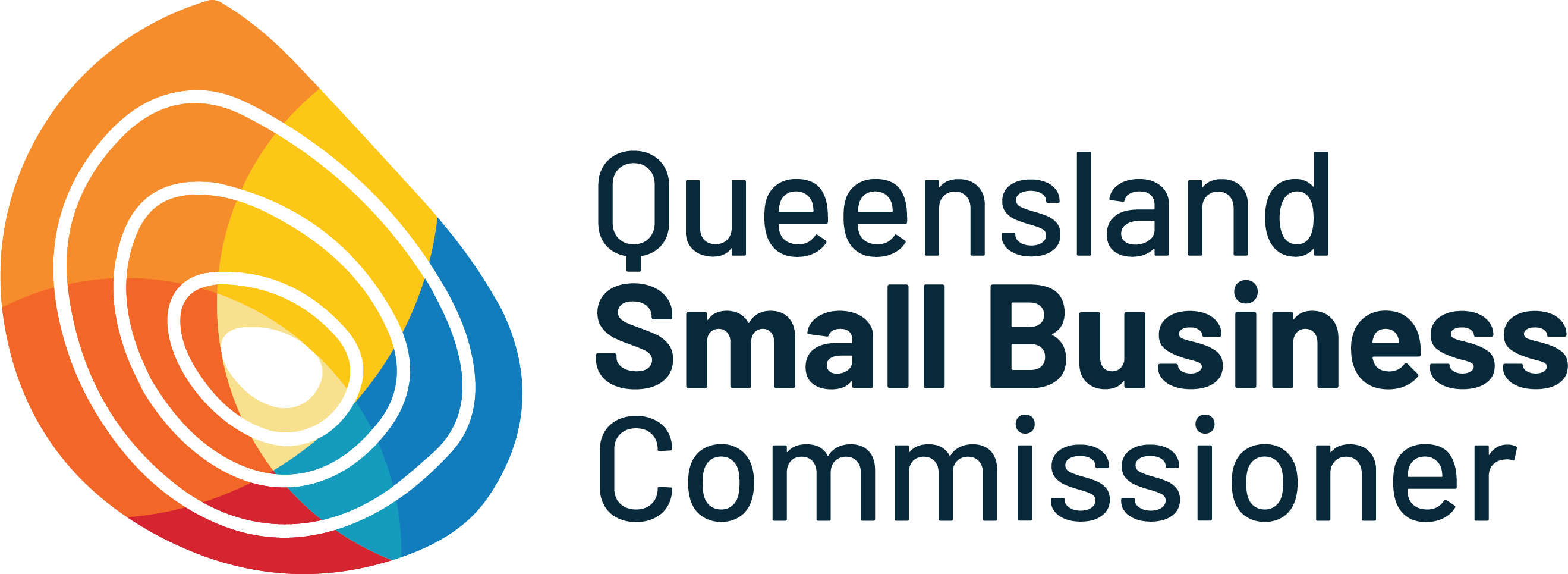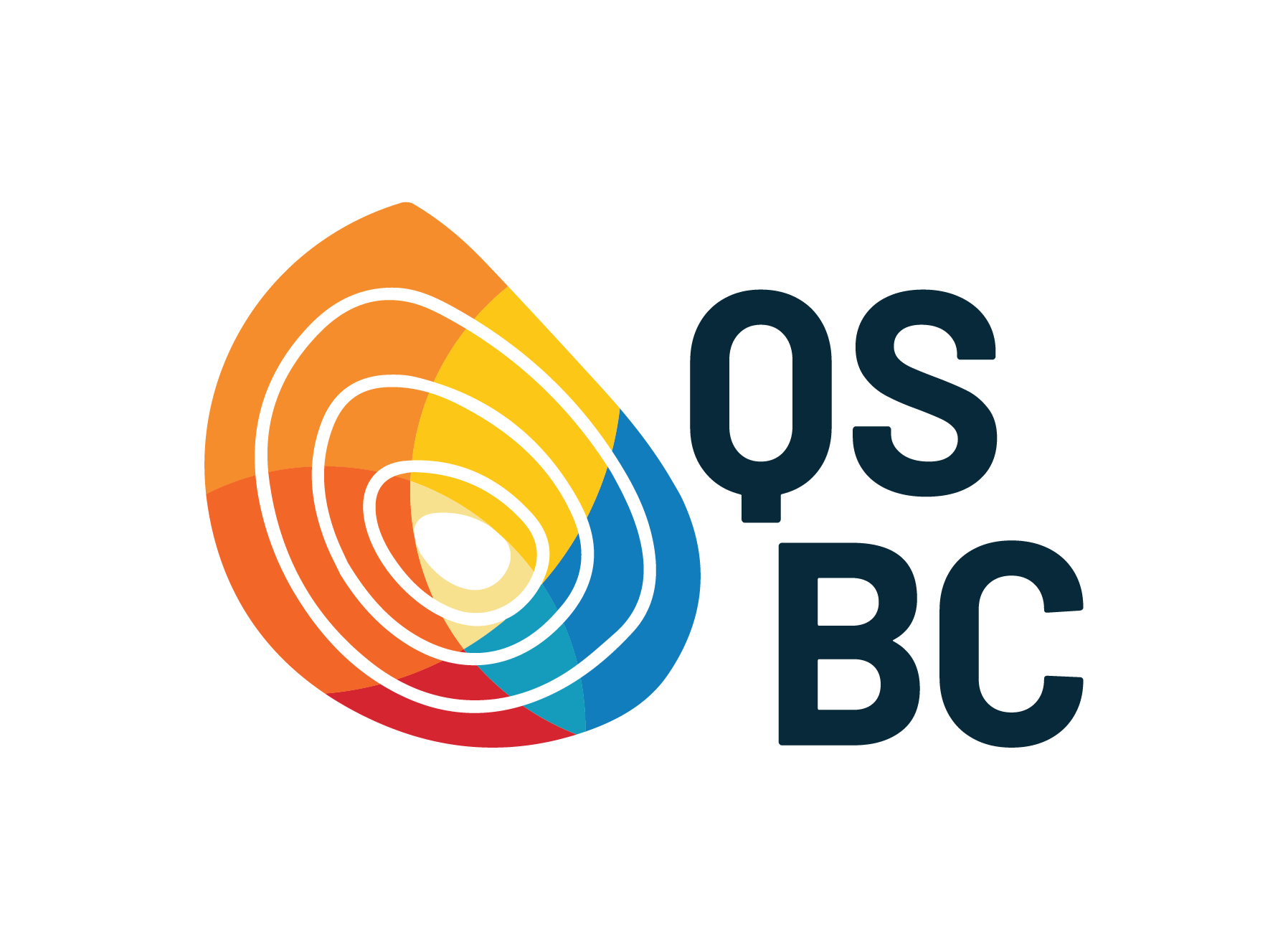Payment issues
If someone owes you money, it is important to take prompt action to recover the debt or resolve any issues that are stopping the payment.
Payment disputes
There are some common situations that lead to payment issues:
-
Someone owes you money for work done under a written or verbal contract and they simply will not pay.
-
You are in conflict over whether the goods and services that were asked for were provided or that the debt is legitimate under the agreement.
-
There is disagreement over a security deposit in a retail or commercial lease.
Deciding what to do
The type of dispute can vary the options available and applicable jurisdiction.
-
Start by reviewing the contract including any obligations and timeframes.
-
Seek legal advice about your options.
-
Consider the cost and time involved in each option.
-
Consider whether they are likely to be able to pay the debt and if writing off the debt might be an inevitable outcome.
Important facts
-
There may be a time limit to claim (this is usually 6 years).
-
Some contracts include terms about how disputes must be resolved.
Tips to resolve issues
To reduce the time and costs associated with
resolving payment disputes:
- Follow-up issues promptly.
- Talk to the other party about the issues.
- Communicate politely and assertively.
- Consider arranging a payment plan.
- Send a formal letter of demand
- Keep detailed records.
Deciding debt disputes
If you have tried the tips to resolve the issue and the debt remains unpaid you may need to consider recovering the debt through a tribunal or court.
In Queensland, courts or tribunals decide disputes over money, based on evidence.
Where your matter will be heard depends on
the amount of the dispute.
- Up to $25,000 – QCAT
- Up to $150,000 – Magistrates Court
- Between $150,000 and $750,000 – District Court
- More than $750,000 – Supreme Court.
The QSBC provides access to low-cost mediation for retail and commercial leasing disputes up to $750,000 including disputes about security deposits.
Free mediation for debt disputes may be available at Dispute Resolution Centres if there will be an ongoing relationship between the parties.
Top Tips
- Read the Legal Aid Guide for minor debt disputes.
- Learn more about trying to get your invoices paid.
- Free mediation may be available at Dispute Resolution Centres if there will be an ongoing relationship between the parties.
Construction industry
The arrangements for recovering debts and getting paid in the construction industry include specific protections:
- The Building Industry Fairness (Security of Payment) Act (BIFA) provides a structured debt recovery process.
- Adjudication is available through the Queensland Building and Construction Commission (QBCC).
- Subcontractors may lodge a notice of claim (a subcontractors’ charge) to recover outstanding payments owed.
Relevant industry associations may also provide support. You should seek legal advice about your options.
Use the PPSR
Depending on your industry, you may be able to register a security interest on the Personal Property Securities Register (the PPSR).
Having a security interest allows you to enforce that interest if your customer defaults. It allows you to seize the goods from the customer to sell, keep, or redeem to recover the debt, or to hold until the security agreement can be reinstated.
Landlords and tenants may have personal property security interests that they may retain ownership of such as cash bond, leased equipment, and fittings. These interests may be registered on the PPSR.
Review your practices
Unpaid debts can be a significant risk to small businesses. To reduce your risk, you may consider contracts that include:
-
A retention of title clause where goods are involved.
-
A term about how disputes will be resolved (including mediation).
-
A deposit, milestone payments or holding funds in trust for future payments.
-
A requirement for full payment before products are released.
More information
Contact the QSBC by submitting an online enquiry or calling 1300 312 344.
Download the Payment issues fact sheet.


